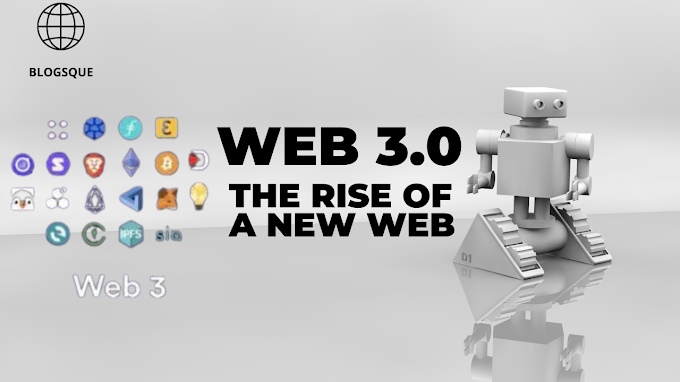
Blockchain technology is revolutionizing the way we do business. From its humble beginnings as a niche technology for Bitcoin, blockchain has evolved into a versatile tool that has the potential to transform industries as diverse as finance, healthcare, logistics, and more. In this article, we'll explore what blockchain is, how it works, and its potential to change the world.
What is Blockchain?
At its core, blockchain is a decentralized digital ledger that records transactions across a network of computers. Each block in the chain contains a hash of the previous block, a timestamp, and transaction data. This makes the blockchain resistant to modification, as any alteration to a previous block would require the modification of all subsequent blocks.
How Does Blockchain Work?
Blockchain is a complex system, but at its simplest level, it can be broken down into three main components: the network, the nodes, and the blocks. The network is a group of computers that are connected and communicate with each other. The nodes are the individual computers in the network that verify and record transactions. Finally, the blocks are the units of data that are recorded in the ledger.
When a transaction is initiated, it is broadcast to the network. The nodes then validate the transaction and create a new block. Once the block is created, it is added to the existing blockchain and cannot be altered without consensus from the network.
Blockchain's Potential:
Blockchain has the potential to revolutionize many industries by reducing costs, increasing security, and improving efficiency. In finance, blockchain technology could enable faster and cheaper cross-border transactions, reduce fraud, and improve financial inclusion. In healthcare, it could enable secure sharing of patient data, streamline medical supply chains, and reduce counterfeiting. In logistics, blockchain could enable better tracking of goods, reduce paperwork, and increase transparency.
In addition, blockchain technology is also being explored for its potential in other areas, such as voting, identity verification, and intellectual property rights.
FAQs:
- What is a blockchain?
A blockchain is a decentralized digital ledger that records transactions across a network of computers. Each block in the chain contains a hash of the previous block, a timestamp, and transaction data.
- How does blockchain work?
When a transaction is initiated, it is broadcast to the network. The nodes then validate the transaction and create a new block. Once the block is created, it is added to the existing blockchain and cannot be altered without consensus from the network.
- What are the potential applications of blockchain technology?
Blockchain has the potential to revolutionize many industries by reducing costs, increasing security, and improving efficiency. It could be used in finance, healthcare, logistics, voting, identity verification, and intellectual property rights.
- How can blockchain improve financial inclusion?
Blockchain technology could enable faster and cheaper cross-border transactions, reduce fraud, and improve financial inclusion by providing access to financial services for the unbanked and underbanked populations.
- What are the advantages of using blockchain in logistics?
Blockchain could enable better tracking of goods, reduce paperwork, and increase transparency in the supply chain.
Conclusion:
Blockchain technology is revolutionizing the way we do business. Its decentralized, secure, and transparent nature has the potential to transform many industries and improve the lives of millions of people around the world. As more businesses and organizations adopt blockchain, we can expect to see even more innovative and exciting applications of this transformative technology.


.png)





